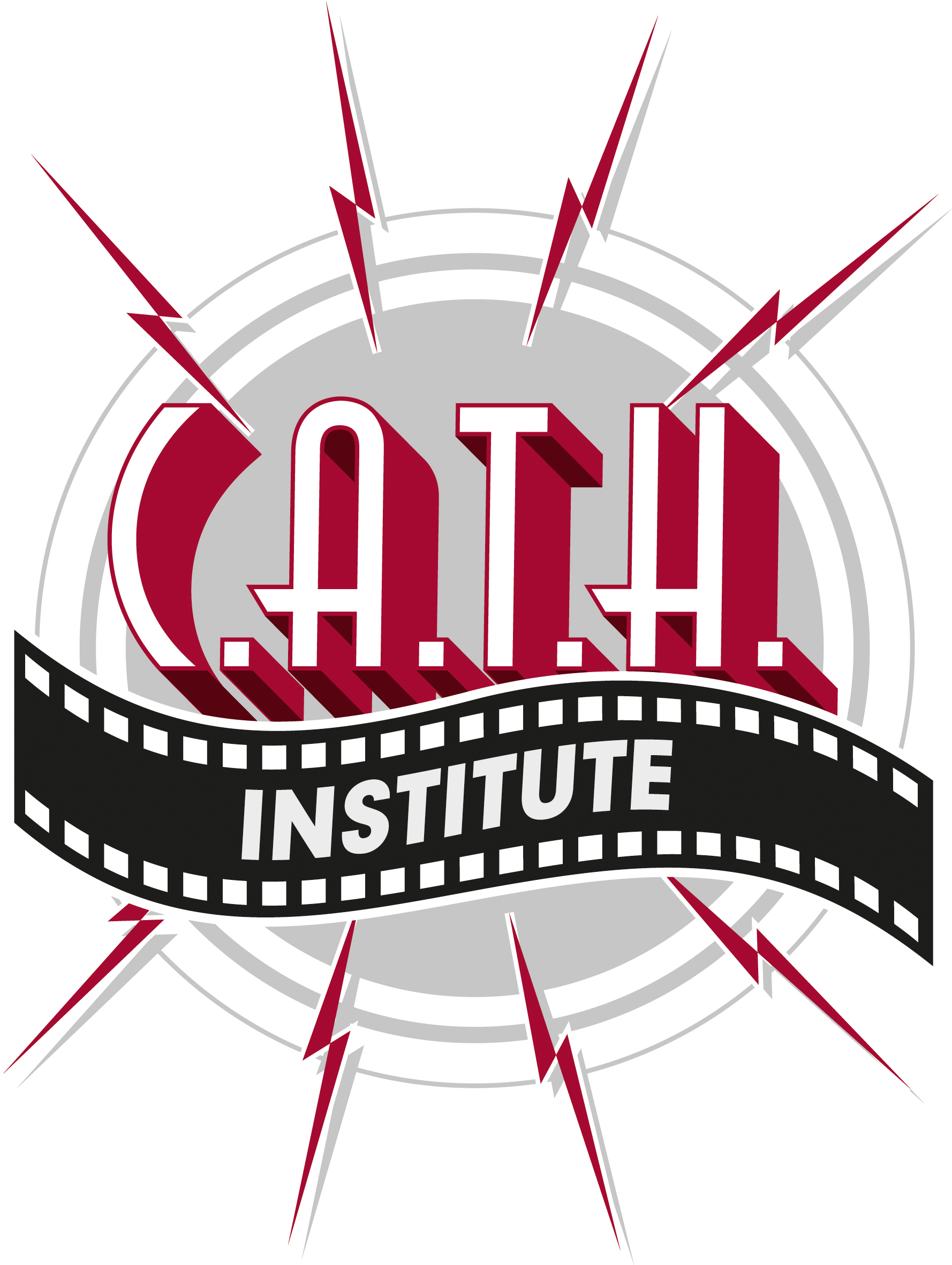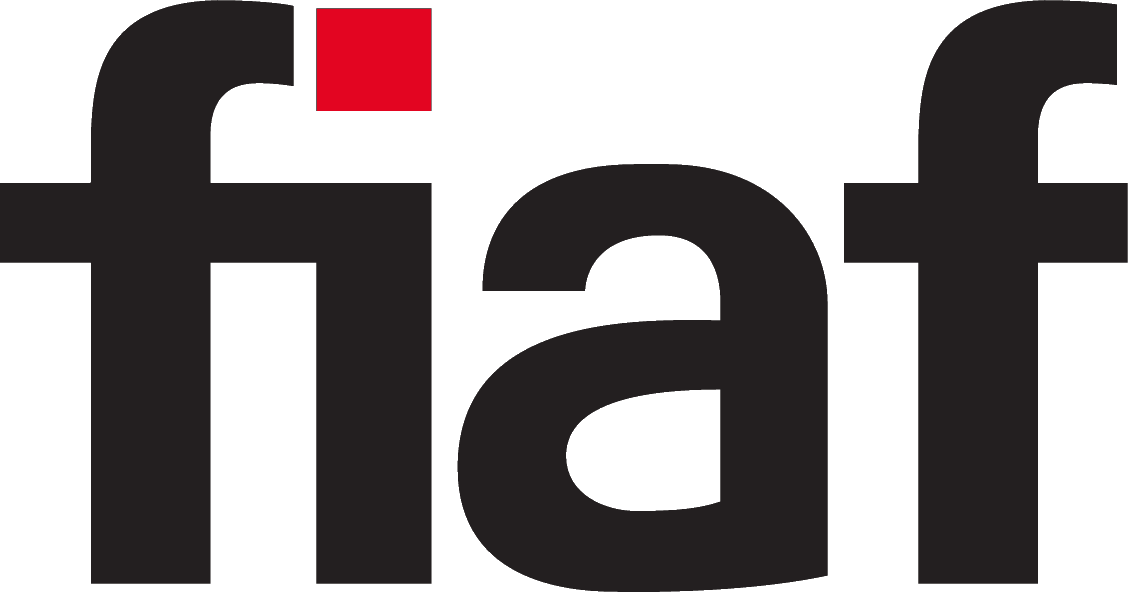

CINEMA AND TELEVISION HISTORY INSTITUTE (CATHI)
AT
DE MONTFORT UNIVERSITY
1 the Gateway,
Leicester, LE1 9BH
U.K.
T: 44-11 625 775 79
Individual Contact:
Professor Justin Smith
cath@dmu.ac.uk
De Montfort University’s Cinema and Television History Institute (CATHI) https://www.dmu.ac.uk/research/centres-institutes/cathi/index.aspx is a centre of excellence in archival screen heritage. It specialises in evidence-based methods and oral history approaches to inform ground-breaking interdisciplinary research and UKRI-funded international collaborations.
The Institute boasts not only world-leading researchers, but a host of unique and valuable film and media-related archives (mainly non-moving image materials) that provide a veritable treasure trove of fascinating research materials to support innovative undergraduate teaching, engaging and educational public screenings, exhibitions and events, and distinctive interdisciplinary postgraduate training https://www.dmu.ac.uk/doctoral-college/study/how-to-apply.aspx .
Working alongside DMU’s Special Collections https://library.dmu.ac.uk/specialcollections and the Centre for Adaptations https://www.dmu.ac.uk/research/midlands4cities-dtp/research-areas/adaptations.aspx , CATHI is home to a growing number of unique collections. Together, these archives now comprise over 500,000 items including films, television programmes, sculptures, pottery, paintings, posters, scripts, manuscripts, books, magazines, correspondence, publicity materials, audio tapes, diaries, production files, press clippings and photographs. Our holdings include: The Hammer Script Archive, Sir Norman Wisdom Collection, Peter Whitehead Archive, Palace and Scala Archive, The Cinema Museum’s Indian Cinemas Archive, and the Lawrence Gleadle Archive of 1930s film poster art, while DMU Special Collections holds the Andrew Davies Archive https://specialcollections.catalogue.dmu.ac.uk/records/D/061 , Anita Anand Archive, Andrew Logan Archive https://specialcollections.catalogue.dmu.ac.uk/records/A09 and Leicester Phoenix Arts and Film Society Archives.
CATHI’s aim has always been to bring its archive-based research to new audiences (within and beyond the academic community), and impactful public engagement remains high on our agenda. We host the annual UK Asian Film Festival https://www.tonguesonfire.com , the BFI British Silent Film Festival https://britishsilentfilmfestival.com , the post-graduate conference CATHICon and an annual Archives Open Day to provide training to new researchers in the field. We promote practice-based research via the DocHub@DMU and welcome innovative creative approaches from researchers interested in working with our collections.
The Film Studies programme at DMU https://www.dmu.ac.uk/study/courses/undergraduate-courses/film-studies-ba-degree/film-studies-ba-degree.aspx explores film heritage, archives and material culture, engaging with the study of archives as sites able to mitigate the threats that time and space pose to the preservation of film and media heritage for future generations. A unique, hands-on practical evaluation of historical material encourages learners to consider cogent questions from historiographic preoccupations to practical accessibility. What do we lose as part of our broader film heritage? To address this question, learners are encouraged to explore notions of film preservation, conservational practices with a focus on film formats, composition and temporal and environmental threats to the longevity of the original films and the material culture associated to them. Of equal importance, our teaching is a stimulus to think more broadly about how we present these items to the public. The objective here is to look at BFI standards, CATHI’s own archives and the DMU Library’s Special Collections, as well as national and international film archives to learn their modus operandi, and their approaches to preservation. Our complementary studies of material culture adopt an ‘archaeological’ approach to film, exploring primary resources linked to particular films, studios, stars and so on, and examining the usefulness of marketing and other ‘extra textual’ or ‘ancillary’ materials in terms of learning more about the contexts in which films and film stars were produced and consumed.





